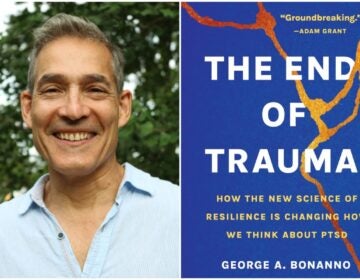Understanding Violence
Listen 48:56
On this episode of The Pulse, we examine violence — what sparks it, how it spreads, and where it can lead. We’ll learn about the spectrum of violence, from everyday blowups to terrorist acts. The hour includes stories about the allure of violence — which some people admit can sometimes be a thrill. A public health expert discusses the far-reaching impact of violence on health and well-being, including the reverberations for African Americans affected by police violence. Plus, one researcher says 2-year-olds are the most violent people on the planet.
Also heard on this week’s episode:
- For years, psychologists have tried to understand the minds of terrorists so we can figure out why they commit violent acts. But now researchers are learning that might not be the best question to ask.
- We associate mass shootings with mental illness — but are they really connected? Psychiatrist Amy Barnhorst confronted just this question when an angry 18-year-old walked into her office, threatening to shoot up his school.
- We’ve all been there — on the brink of a conniption, ready to snap. Psychology professor Nathan DeWall zooms in on this fragile moment of flux to explain what makes us either control those impulses, or boil over.
- African Americans are more likely to be the victims of crime and assault, as well as police violence. Harvard public health professor David Williams explains how living under constant threat can take a toll on both physical and mental health.
- Community organizer Alfred Marshall spent years working to curb violence in New Orleans. His weapon: the gospel of de-escalation. His beliefs were put to the test when the city’s violence hit close to home.
Segments from this episode
WHYY is your source for fact-based, in-depth journalism and information. As a nonprofit organization, we rely on financial support from readers like you. Please give today.






